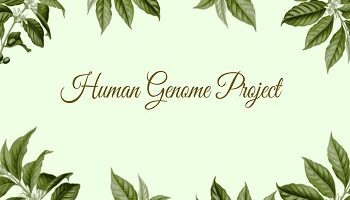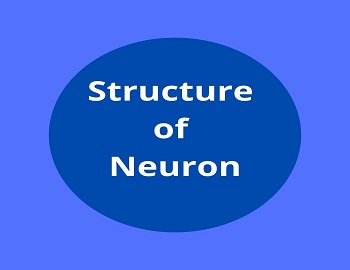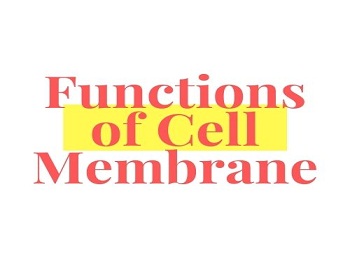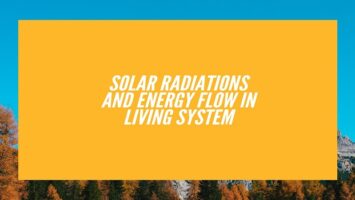Allergies:
Meaning- An allergy means an inappropriate reaction or response of a person due to hyper-sensitivity to substances coming in contact with the body.
Allergens- The substances that develop allergic reactions are called allergens. The common allergens are dust, mites, spores, pollens, feathers, food items, and drugs. The allergens are generally weak antigens or proteins.
Symptoms- Allergic symptoms or reactions depend on the nature of the allergens. The common allergic reactions are itching, inflammation of mucous membranes, frequent sneezing, skin rashes, watering of eyes, and inability to breathe. Sometimes, gastrointestinal colics, vomiting, and diarrhea may also occur as allergic manifestations.
Expression of Allergic Reactions- Allergy seems to result from improper immune mechanisms. First exposure to an allergen does not cause allergy. In most instances, the T-cells recognize the antigen or allergen as harmless and prevent the B-cells to respond it. In allergic persons, the body develops a primary immune response and the B-cells start producing E-group antibodies. This makes the body sensitive to allergens.
On next exposure to an allergen, the body develops a secondary immune response, called allergy or a hypersensitive response. This makes the antibodies formed against the allergens to join the receptors on the mast cells. The allergens combine with antibody-bound mast cells. This complexing ruptures the mast cell and histamine is released. Histamine acts as an energy mediator. This increases the permeability of capillaries, contracts the smooth muscles, and stimulates secretion by the mucous gland. Further, it widens the small arteries, but not the veins. The affected area receives more blood than it returns resulting in an accumulation of fluid in the tissue which swells up.
Anaphylactic Shock- Sometimes, persons die from a single bee sting or a dose of penicillin. These are cases of anaphylactic shock. When antigen is injected into the bloodstream as in the case of a bee-sting or a penicillin injection, it spreads rapidly to a large number of mast cells. This condition is called anaphylactic shock. Within a minute or two, rashes develop all over the skin, the face gets swollen and the eyes become puffy. The lips swell up, the throat feels thick due to the swelling of tissue around the tongue and mouth. The affected person may vomit and have diarrhea. Due to the dilation of arteries, there is a massive drop in blood pressure and leakage of large amounts of fluid from the blood into the tissues. This causes a rapid heartbeat. The person loses consciousness and dies within a short time.
Treatment- Antihistamines are generally given as synonymous with anti-allergic drugs. These counteract the allergic reactions by blocking the action of histamine in circulation. Sodium cromoglycate is another important anti-allergic drug that has been found most effective in respiratory allergy. It acts by preventing the release of histamine from the mast cells. But, the best treatment is to prevent the cause. It has been seen that breast-fed infants are less prone to certain allergies later in life than bottle-fed infants. However, the allergic persons are less likely to develop tumors than the others. Further, allergies have a genetic basis as it tend to run in families.









Comments (No)